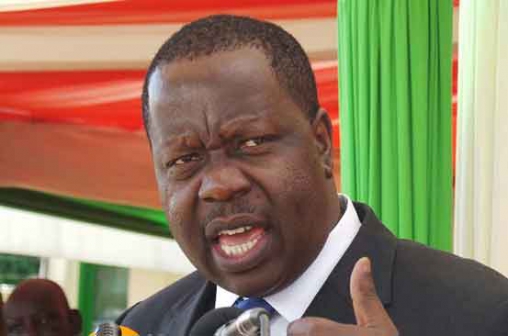
Yet more schools were set ablaze yesterday as the chilling wave of student unrest continued its deadly march. A
dormitory at Iten’s St Patrick’s, a respected national school, joined the smouldering heap of school buildings
destroyed since the teenage madness began two months ago, bringing to 104 the institutions struck so far.
In the last 36 hours alone, seven schools were laid to waste.
Something has gone terribly wrong in Kenyan education. And whether it’s our children reeling from a deadly form
of juvenile delinquency or some dark forces hostile to the Education Ministry are on the ascendancy, it is right and
proper that the public are demanding an explanation.